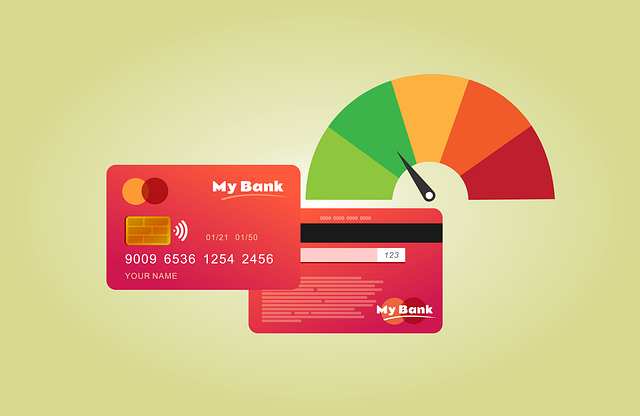Real estate loan approval hinges on borrowers' financial health, assessed via credit scores, debt ratios, employment history, and property collateral. A solid financial profile, including good credit, low debt, and stable income, increases approval chances. Lenders evaluate market stability, with regions of high financial stability facilitating smoother transactions. Preparing loan applications by organizing financial documents and maintaining a strong credit score enhances approval prospects in the competitive real estate market.
The journey towards securing a loan can be seamless or fraught with challenges, largely depending on your financial health. This article delves into the critical factors that lenders consider during the approval process, with a specific focus on real estate investments. Understanding how your financial standing and property choices impact your application is essential for navigating this intricate landscape. By exploring key strategies, such as enhancing your credit score and presenting a robust real estate investment plan, you can significantly improve your chances of loan approval.
Understanding Key Factors in Loan Approval

Understanding Key Factors in Loan Approval
When it comes to loan approval, especially in the real estate sector, several critical factors come into play. Lenders carefully assess a borrower’s financial health and property value to determine the viability of a loan application. Key considerations include credit score, debt-to-income ratio, employment history, and the property’s location and condition. These factors collectively paint a picture of the borrower’s ability to repay the loan and the property’s potential as collateral.
In real estate, lenders often look for signs of stability. A strong credit history with minimal delinquencies, a low debt-to-income ratio indicating manageable debt levels, and stable employment are all positive indicators. Additionally, the property itself must meet certain criteria; an accurate appraisal ensures the loan amount is appropriate for the asset’s value, while a thorough inspection checks for any structural issues or necessary repairs that could impact the property’s marketability.
Real Estate: Impact of Financial Health on Approval

In the realm of real estate, a borrower’s financial health plays a pivotal role in the loan approval process. Lenders meticulously scrutinize an applicant’s credit history, debt-to-income ratio, and overall financial stability to assess the risk associated with extending a mortgage. A robust financial profile, characterized by consistent income, minimal debts, and a solid credit score, significantly increases the chances of securing a loan approval for real estate investments.
The impact of financial health extends beyond individual loans; it influences the broader market dynamics. Areas with higher rates of financial stability among residents often experience smoother and more predictable real estate transactions. Conversely, regions grappling with economic hardships might witness heightened lending risks, potentially impacting property values and market liquidity.
Enhancing Application for Better Chances of Approval

When applying for a loan, especially in the competitive real estate market, enhancing your application can significantly improve your chances of approval. A well-prepared and comprehensive loan application showcases your financial stability and reduces lending risks. Start by organizing your financial documents, such as tax returns, pay stubs, and bank statements, as these provide lenders with a clear picture of your income, assets, and debt obligations.
Ensure accuracy in all the information provided, as minor errors or inconsistencies can raise red flags. Additionally, maintain a good credit score by making timely payments on existing debts. Lenders often run credit checks, so addressing any potential issues beforehand increases your application’s viability. Remember, a solid loan application is crucial for navigating the real estate market successfully.






